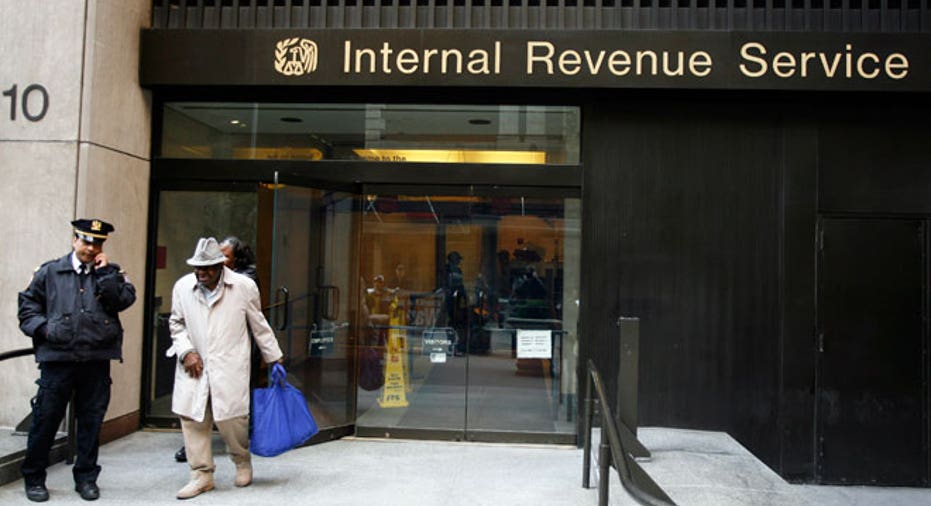Lois Lerner vs. Federal Workers Union

Yet another email has surfaced in the IRS Lois Lerner controversy. However, this time Lerner was upset not about tea party nonprofits, but about an IRS employee who was working full time on federal union duties and not taxpayer issues.
Lerner is the former IRS director of its nonprofit unit who has been under fire for targeting tea party nonprofits for extra scrutiny.
In the email, Lerner was clearly upset about an IRS staffer who was getting paid up to $138,136 annually for doing union work. Lerner vented in the 2011 email about how she was blocked from firing this employee, according to Congressional sources.
Lerner wrote to colleagues that she “learned that [an] employee who is assigned to a special project has spent most of the last year doing nothing” but was “reporting to her manager and on timesheets that she has been working on the [IRS] project full time.” Lerner added: "We can't do anything" about this worker, and instead had to settle for lowering the worker’s performance rating in order to avoid a fight with the National Treasury Employees Union.
Despite Lerner’s complaints, the federal union saved that worker’s job. And now, the House Subcommittee on Oversight has sent a letter to the head of the IRS demanding answers as to why taxpayers paid $23 million last year for IRS employees to work on their federal union duties, and not on IRS work (see here: http://waysandmeans.house.gov/uploadedfiles/boustany_to_irs_-_union_activity.pdf).
In fact, taxpayers have footed the bill for more than 200 IRS employees to work on union duties--many of them earn $100,000 a year or more, government data show. These IRS workers spent more than 520,000 hours on union work in fiscal 2013, and even longer, more than 573,000 hours, on union duties in 2012.
In his letter to IRS commissioner John Koskinen, Rep. Charles Boustany (R-LA) wrote the IRS union work is happening “at a time when the IRS claims it is unable to perform required duties as a result of it being understaffed and underfunded.” Rep. Boustany added: “No small business in America could keep its doors open if it paid employees for doing nothing. An employee who sought payment for work claimed, but never performed would be subject to severe disciplinary action, if not immediate termination.”



















